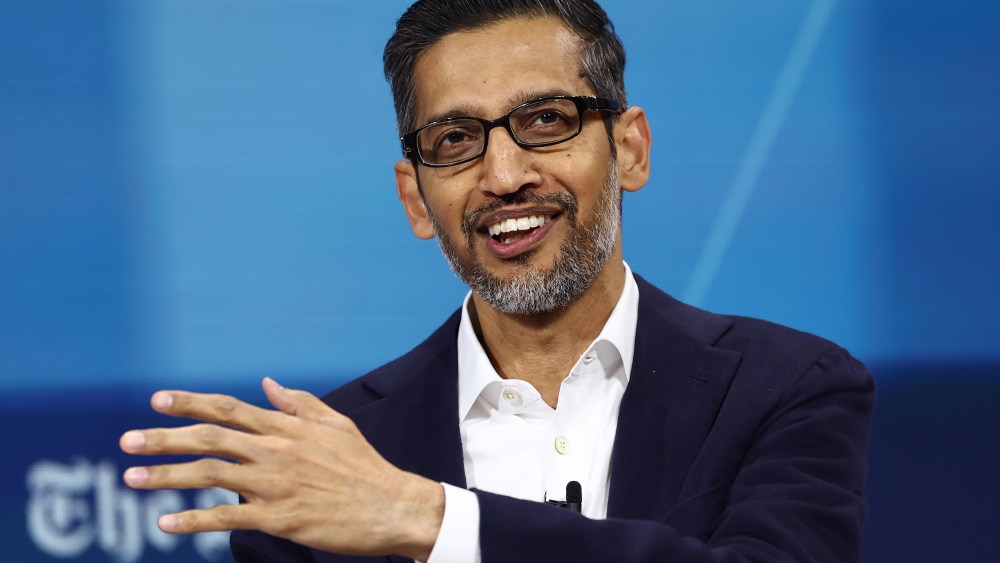YouTube, the world’s largest video streaming platform, achieved a significant milestone in the fourth quarter of 2024, surpassing $10 billion in ad revenue for the first time. This marked a 13.8% year-over-year increase, with Q4 ad sales reaching $10.473 billion. This figure not only exceeded Wall Street analysts’ expectations of $10.23 billion but also highlighted YouTube’s growing dominance in the digital advertising space. Importantly, this number only represents the platform’s ad revenue and does not include income from subscription services like YouTube TV or YouTube Premium. In the 12-month period ending in September 2024, YouTube’s total revenue surpassed $50 billion for the first time, demonstrating its continued growth and influence in the global media landscape.
The record-breaking ad revenue was partly driven by the 2024 U.S. presidential election, as political spending on the platform surged. According to Philipp Schindler, Google’s chief business officer, both political parties nearly doubled their ad spending compared to the 2020 elections. On Election Day alone, over 45 million viewers in the U.S. tuned into election-related content on YouTube, underscoring the platform’s role as a key destination for news and information. This organic growth in viewership, combined with increased ad spending, contributed significantly to YouTube’s success in Q4. Meanwhile, Alphabet, YouTube’s parent company, reported overall Q4 revenue of $96.47 billion and net income of $26.54 billion, or $2.15 per share. While this fell slightly short of Wall Street’s revenue expectations of $96.67 billion, the company managed to beat earnings estimates of $2.13 per share, showcasing its financial resilience.
Alphabet’s continued growth is also fueled by its investments in artificial intelligence (AI), a critical area of competition in the tech industry. The company has been ramping up its AI efforts to keep pace with rivals like OpenAI, Microsoft, and Meta. However, the recent advancements by Chinese AI startup DeepSeek, which claimed to have developed a more efficient large language model (LLM), sent ripples through the U.S. tech industry. Despite this, Sundar Pichai, CEO of Alphabet and Google, expressed confidence in the company’s AI capabilities, calling its latest models “some of the most efficient out there.” Pichai also announced plans to invest approximately $75 billion in capital expenditures in 2025, significantly higher than the $59.7 billion projected by Wall Street analysts. This bold investment underscored Alphabet’s commitment to innovation and its ambition to maintain leadership in the AI race.
YouTube’s dominance extends beyond advertising, as it continues to solidify its position as the leading video platform for TV viewing. In December 2024, YouTube captured a record 11.1% share of TV usage among streaming platforms in the U.S., surpassing competitors like Netflix, Prime Video, Hulu, and Disney+. Globally, the platform’s scale is staggering, with users watching over 1 billion hours of YouTube content on TVs daily. Additionally, the sheer volume of content uploaded to the platform—more than 500 hours of video every minute—highlights its unparalleled reach and engagement. These metrics not only demonstrate YouTube’s cultural impact but also its ability to attract and retain audiences in an increasingly crowded streaming market.
The company is also taking proactive steps to address challenges in the AI space, particularly in areas like content moderation and intellectual property. In December 2024, YouTube announced a partnership with Creative Artists Agency (CAA) to help talent identify and remove AI-generated deepfakes from the platform. This initiative reflects YouTube’s efforts to build trust with the creative industries and position itself as a responsible player in the AI-driven future. By addressing concerns around AI-generated content, YouTube aims to maintain its reputation as a platform that respects creators’ rights and promotes ethical AI practices.
However, Alphabet is not without its challenges. The company is facing potential major changes due to the Justice Department’s successful antitrust case against it. A federal court ruled that Google had illegally secured its position as the default search engine on browsers and smartphones through multibillion-dollar deals with companies like Apple and Samsung. The DOJ’s proposed remedies could include forcing Google to divest its Chrome browser, a move that could significantly impact its market dominance. The outcome of this case, with a ruling expected in April 2025, could reshape Alphabet’s business strategy and influence the broader tech industry. Despite these legal hurdles, Alphabet’s strong financial performance and strategic investments in AI and other areas position it as a leader in the ever-evolving digital landscape.









